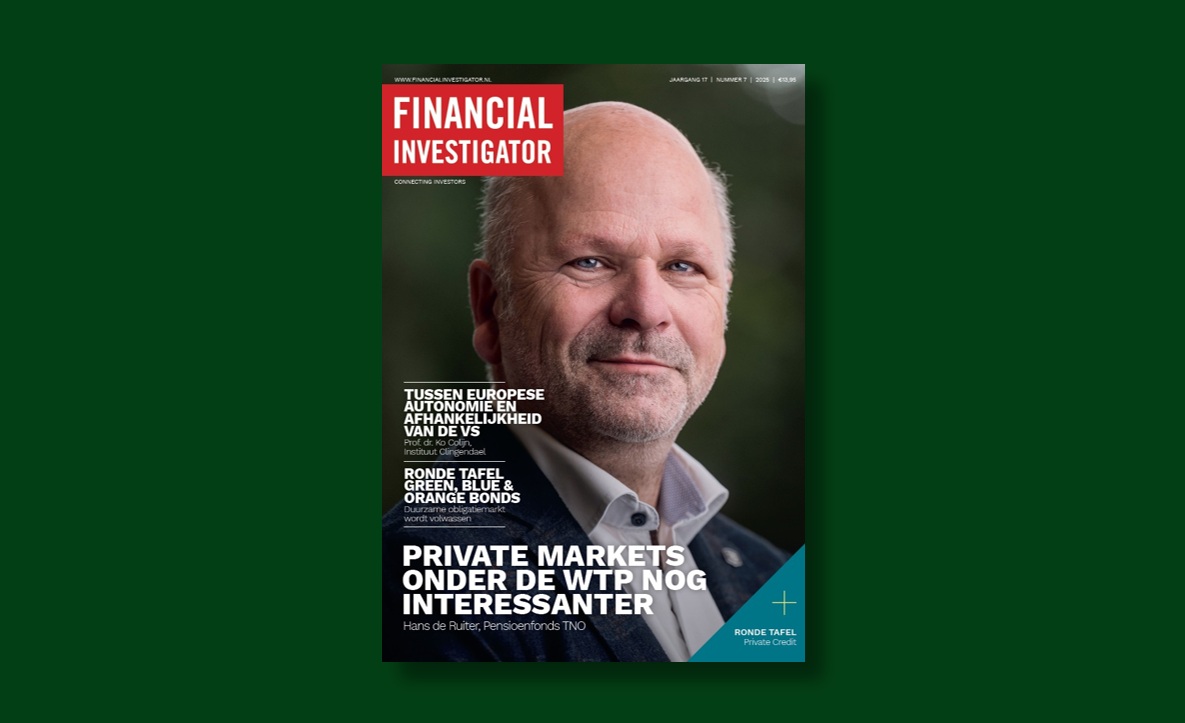Latest issue of Financial Investigator now online

This preface was originally written in Dutch. This is an English translation.
A new era
The global economy is experiencing slow growth and noticeable friction. Inflation in Europe and the United States is cooling, but remains above target. At the same time, central banks are keeping interest rates high and financing remains limited.
The European economy is growing at just over 1%, with Germany as the weak link and Southern Europe as the positive outlier. In the United States, the economy is holding up better thanks to robust consumer spending and government investment. Nevertheless, core inflation remains stubbornly high and the first interest rate cut does not appear to be on the horizon until mid-2026.
This mix of low growth, high financing costs and selective liquidity is putting pressure on private markets. Various private credit and real estate funds have recently been in the news due to payment arrears, restructuring and valuation differences with public benchmarks.
Nevertheless, private credit, infrastructure debt and real estate financing are the laboratories of a new financial era: less dependent on market sentiment, but not immune to economic reality.
The trick is to distinguish between structural opportunities and cyclical risks. Choosing the right manager is crucial, argues Hans de Ruiter in this edition's cover story. We talk to him about the appeal of private markets under the Wtp and their implementation in the portfolio.
Private markets are the common thread running through this edition. We explore the opportunities, risks and practical experiences surrounding this growing asset class, not least because private markets also offer scope for making an impact.
Impact is also taking on a new dimension in the world of fixed income. In the wake of green and social bonds, more and more sustainable labels are emerging, such as blue and orange bonds. Reason enough for a round table discussion on the meaning and future of sustainably labelled bonds.
A sustainable society is increasingly associated with strategic autonomy – in the areas of technology, energy security and defence. Strengthening the latter is increasingly seen as a prerequisite for a resilient society. Financial Investigator spoke with Ko Colijn about the recent NATO decisions and the consequences for our strategic autonomy.
A fascinating conversation! Be inspired by this edition!
Jolanda de Groot, Editor-in-Chief
